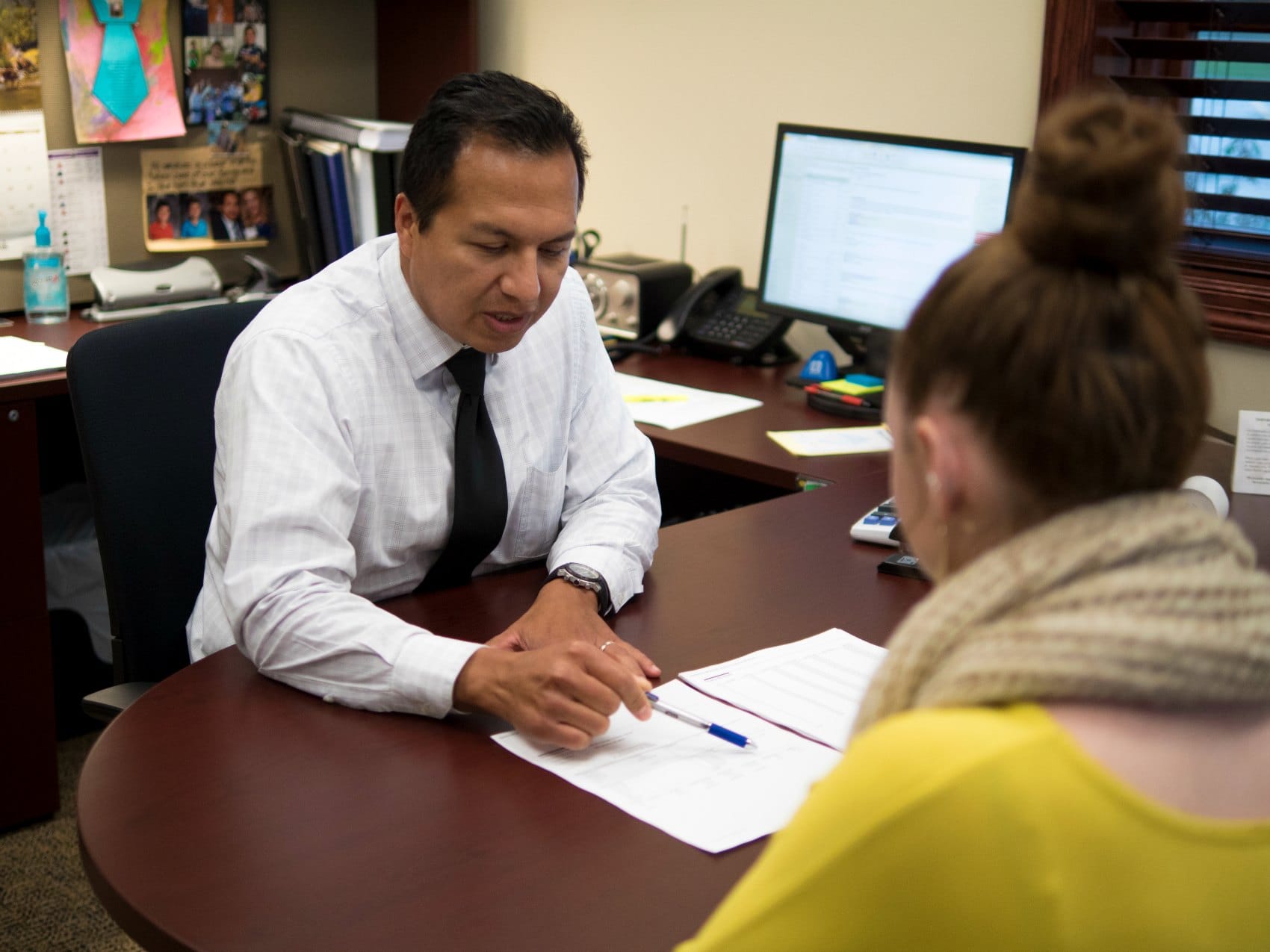Each year in April, National Teach Kids to Save Day encourages children to develop smart saving habits, and creates a foundation for a lifetime of saving. By actively involving our kids in a savings plan, we are preparing them for a solid future in money management. As parents, there are steps and skills we can teach at each stage of a child's development to help him or her develop skills that will benefit them in the future.
Early Childhood
Small children may not understand budgeting and saving, but they can benefit from practicing self-control and delayed gratification. Here are some ideas to teach young children about these skills:
Have to Have It
When your child asks for something they can't live without, make a list and explain what needs to be done before they can have it. For example, if they'd like to go to the park, say "Yes, but we need to pick up our toys first." This is a simple, although not always easy, way to teach delayed gratification.
Playing Games
A fun way to practice self-control is to play games like 'Red Light, Green Light' or 'Simon Says.' For an added challenge, try playing the opposite version where green means stop or Simon says take one step forward means one step backward.
Plan Ahead
Even just a reminder to think or plan before completing a task can improve a child's ability to do so. The ability to plan has been tied to verbal ability, meaning talking through a problem and answering questions like, "What do we do now? What about after that?" may help them plan ahead.
Middle Childhood
At this age, children absorb lessons whether parents intend them to or not, so lead by example for the lessons you want to teach. Here are some lessons you can teach your middle school aged children:
Save, Spend, Share
Whether to give an allowance, at what age and how is a debate with no right answer, but the important thing is that kids learn how to wisely use the money they receive as gifts or allowance. The key is that money should be used intentionally. Teach your child that money needs to go into three categories: saving for bigger items, spending now and sharing with good causes.
Trade-offs of Buying Now vs. Saving for Later
A Stanford experiment showed that children who were able to delay gratification - by forgoing eating one marshmallow now as a trade-off for eating two later ended up with higher SAT scores, lower body mass index and higher educational achievement. For your children, you could have them make the choice of buying a small toy today or saving the money for a bigger toy they want more later on.
Teen and Young Adults
At this stage in your child's life, kids are making real financial decisions, like what to do with money from their first job or how to purchase a car. Here are some habits you should start to encourage at this age:
Earn Interest, Don't Pay It
Not all teenagers earn a regular income, but those who do should set aside a certain percentage of income to savings automatically. Emphasize the importance of earning interest to save up for big purchases or unexpected emergencies, not paying interest via debt. Parents may also want to match savings for a big purchase as an incentive.
Clear Expectations
Once teens start to become more financially independent, it is helpful to lay out who pays for what, and for how long. For example, who pays for gas? Will the child have to pay his or her part of the cell phone bill? How long can the child stay on the family cell phone plan or auto insurance?
Financial Safety Schools
Too often, the cost aspect of the college search is left until the acceptance letters come in, and students apply to schools with only a vague idea of whether they are financially realistic. Instead, be upfront about what you are able to contribute to the cost of college, and what will need to be covered by scholarships or loans.
Live Below Your Means
College is a great time to test out adult life with training wheels. Expenses are low, rent is shared with roommates, and campus resources provide a safety net. When that first “real job” happens and the training wheels come off, encourage your child to continue the “poor student” lifestyle and keep the cost of living low. Even if income allows for a more extravagant lifestyle, limiting costs from the start will allow your child to start saving for emergencies, and contribute to a workplace retirement plan.
Teachable Moments
These are just a sampling of the big teachable moments throughout a child’s life. Sometimes the most impactful financial lessons are learned from everyday moments, like when your child sees you trying to find the best deal at the grocery store or keeping a record of your spending in an app on your phone. The opportunities to teach these important lessons are limited only by your creativity!
Start Saving Today!
At Heartland Bank, our savings options provide the foundation and flexibility for all of your financial dreams and needs. Open an account today to start establishing smart savings habits!
Heartland Bank is a family-owned bank located in 13 different communities across the heart of Nebraska. Heartland Bank's vision is to improve the lives of customers, associates, and communities. Voted American Banker 2022 Best Banks to Work For. Learn more at MyHeartland.Bank.



-1.png)


.png)







